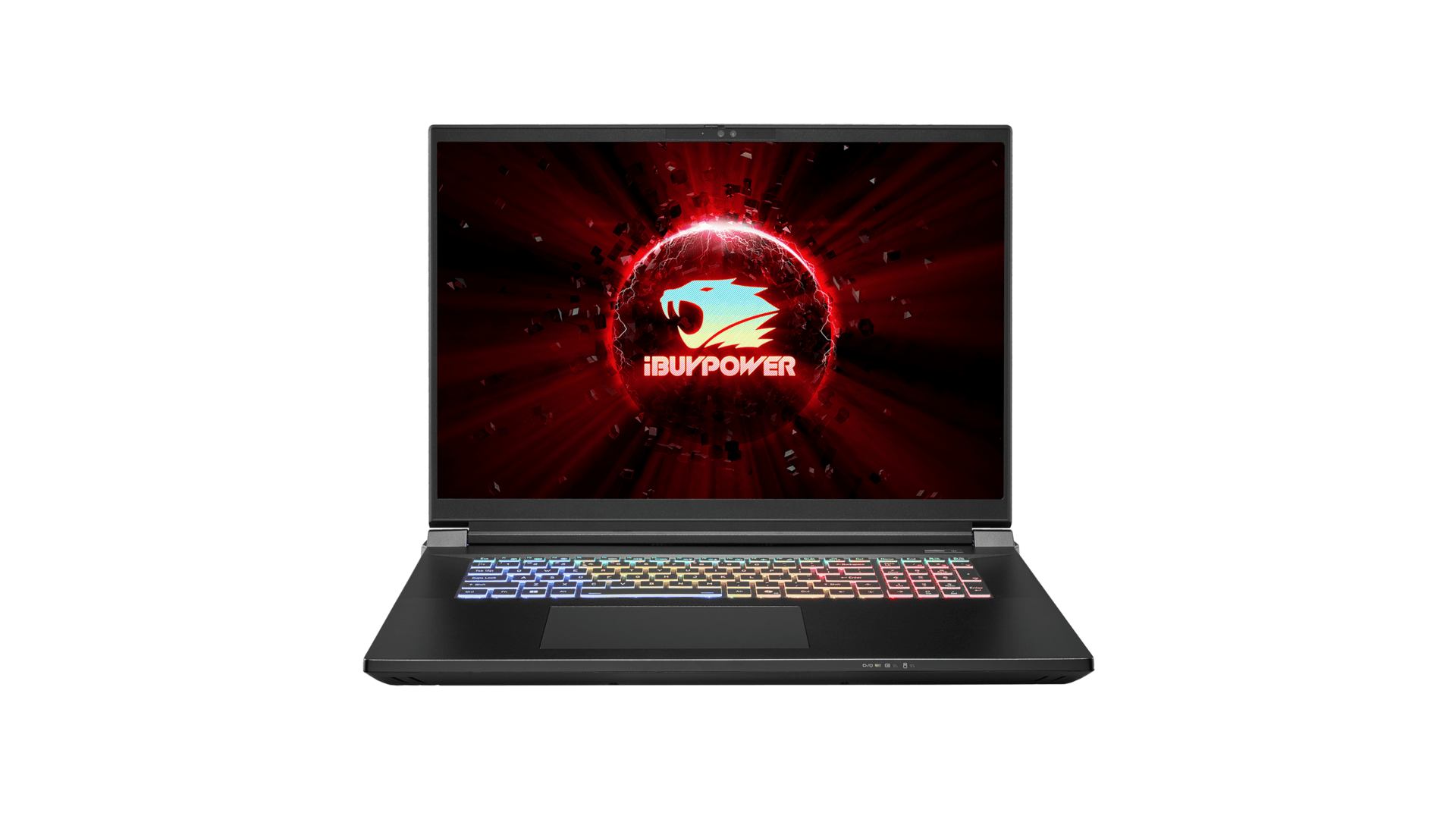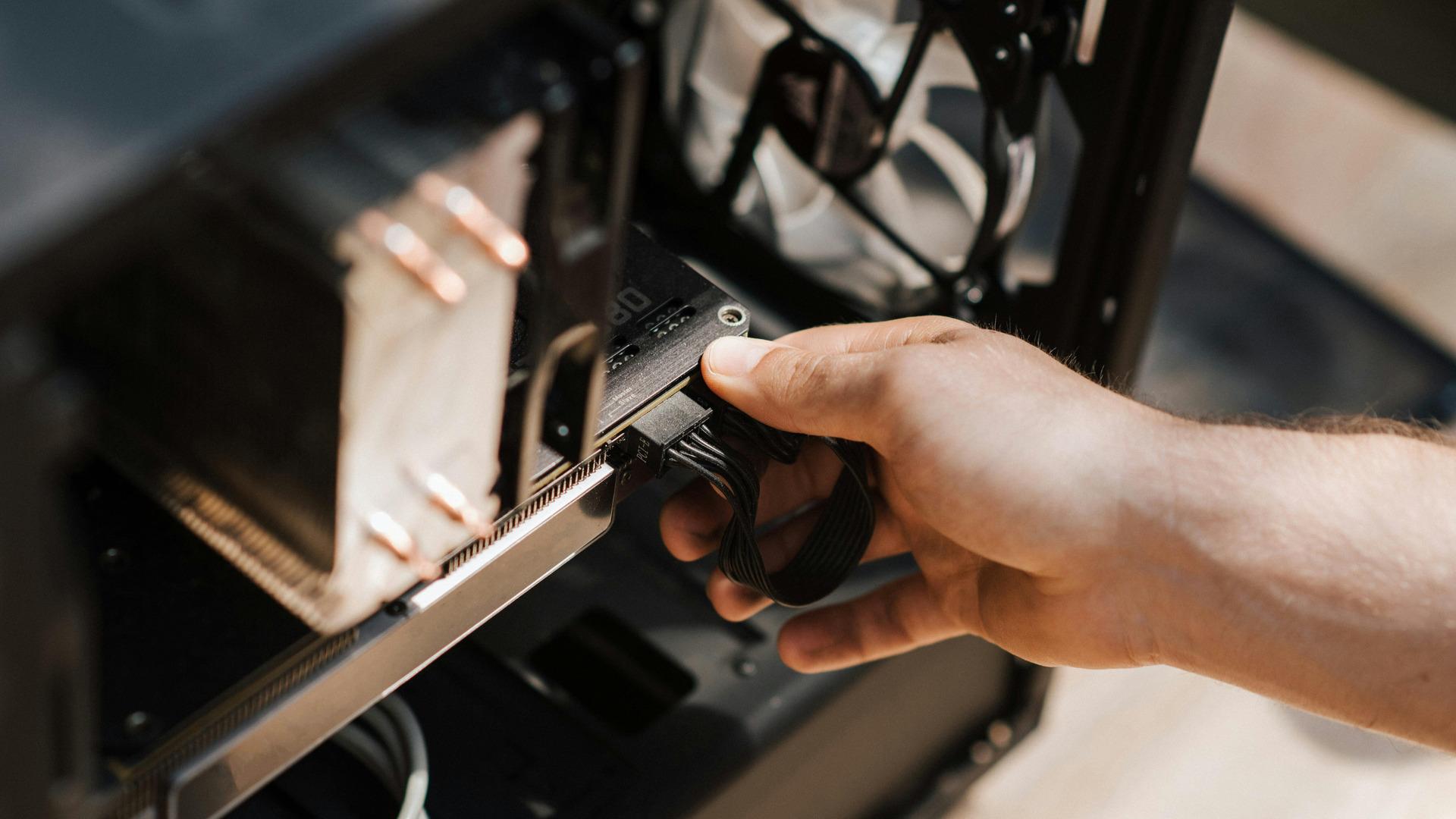One of the most important decisions any gamer will make when building or upgrading a gaming PC is how to keep it cool. The right cooling system is crucial to maintaining optimal performance, as it directly impacts the longevity of the components, overall system stability, and even the noise level of the gaming setup. There are two types of PC cooling systems: air and liquid systems.
Choosing between these different cooling systems can be a tough decision, which is why any PC builder should explore the benefits and drawbacks of air cooling vs. liquid cooling for gaming PCs.
Why PC Cooling is Important
It does not matter whether you choose air cooling vs. liquid cooling for gaming PCs, as a cooling system is critical for any PC to function properly. Electronic components like the CPU and GPU generate significant heat during operation, and efficient heat management is necessary to not overheat quickly. Overheating leads to performance degradation, instability, or even permanent damage.
Effective cooling systems, such as PC case fans or liquid cooling, regulate a gaming computer’s temperature, ensuring optimal performance and hardware longevity. During intense gaming sessions, excessive heat can cause thermal throttling, where the component decreases its performance levels to prevent overheating. Maintaining an efficient cooling system prevents this mechanism from triggering, so your gaming PC operates at its best without compromising performance.
Liquid Cooling vs. Air Cooling: Why Choose Air Cooling?
Air cooling is the traditional method of keeping PC components cool. It uses fans and heatsinks to dissipate heat from the CPU or GPU, and its simplicity makes it a popular option for many PC builders.
The typical air cooling process involves transferring heat generated by the CPU through a layer of thermal paste to a conductive baseplate, typically made of copper or aluminum. This baseplate connects to heat pipes, which conduct heat to a heatsink. An attached fan then pushes air over the heatsink, absorbing heat from the metal and expelling warm air away from the CPU.
The Benefits of Air Cooling
Comparing air cooling vs. liquid, an air cooler provides various benefits, especially for first-time PC builders. These benefits include:
- Affordability: Air cooling is generally more budget-friendly than liquid cooling, making it an excellent choice for those looking to manage costs while maintaining effective cooling.
- Ease of Installation: Installing an air cooler is straightforward, even for beginners. Most of these cooling systems are pre-assembled, so you only need to attach them to the CPU or GPU.
- Lower Maintenance: Air coolers require less maintenance than liquid cooling systems, as there’s no risk of leaks or the need to replace liquid over time.
- Reliability: Air cooling systems have fewer moving parts and a more straightforward design, generally making them more reliable in the long run.
With its reliability and cost-effectiveness, air cooling is a dependable choice for gamers who do not intend to overclock their systems or prioritize aesthetics. Its affordability, ease of installation, lower maintenance, and reliability provide a reassuring sense of confidence in your choice.
Liquid Cooling vs. Air Cooling: Why Choose Liquid Cooling?
Liquid or water cooling offers a more advanced and efficient way to cool a gaming PC. It typically includes water blocks, a pump, a radiator, pipes, and sometimes a reservoir. The pump circulates the coolant through the system, so the heat moves away from the CPU via the water block. The heated liquid coolant then cycles to the radiator, where it cools down before it begins recirculation.
Liquid cooling has two primary forms: All-in-One (AIO) coolers and custom loops. AIO coolers are pre-assembled units offering easy installation and maintenance, while custom loop cooling allows for personalized configurations to optimize performance and aesthetics.
The Benefits of Liquid Cooling
When deciding between liquid cooling vs. air cooling, liquid cooling systems provide many benefits to gamers who are more comfortable with complex builds and are looking for something more aesthetically pleasing and efficient.
The benefits of liquid cooling are:
- Superior Cooling Efficiency: Liquid cooling can handle higher temperatures, making it ideal for overclocked systems or high-performance builds.
- Quieter Operation: Liquid coolers often operate more quietly than air coolers because they don’t rely on as many fans to dissipate heat.
- Aesthetics: Liquid cooling can add a sleek, high-tech look to any gaming PC, especially if with RGB lighting and custom tubing.
- Better Performance in Smaller Cases: Liquid cooling is effective even in small cases, such as a Mini ATX case, where airflow might be restricted.
When deciding between liquid cooling vs. air, a water cooling system is best for gamers and overclockers who require superior thermal performance for hardcore gaming.
Air Cooling vs. Liquid Cooling for Gaming PCs: Which is Best for You?
When choosing between air cooling vs. liquid cooling for your gaming PC, consider the following factors:
- Performance: Liquid cooling offers superior efficiency in dissipating heat and can handle high thermal loads, making it suitable for overclocking and demanding gaming sessions. Air cooling is reliable for regular use but may struggle with intense workloads. However, it’s a common misconception that liquid cooling is always better than air cooling. In reality, the performance difference may not be significant for many users, especially those not pushing their systems to the limit.
- Price: Air cooling is more budget-friendly, while liquid cooling (especially custom loop systems) can be more expensive. However, liquid coolers offer a mid-range option for those seeking liquid cooling benefits at a more affordable price.
- Installation: Air coolers are straightforward and beginner-friendly, while AIO liquid coolers require more attention during installation. Custom liquid loops offer the most flexibility but demand a greater investment of time and expertise.
- Maintenance: Air cooling requires less maintenance, primarily involving dust removal every few months. In contrast, custom liquid cooling systems need regular checks for fluid levels and cleaning, although AIO coolers require minimal upkeep.
- Aesthetics: Liquid cooling systems offer more customization options and can be visually striking, while air coolers tend to be bulkier and offer fewer aesthetic options.
The decision between air vs. liquid cooling should reflect your gaming needs, budget, experience level, and aesthetic preference.
With its superior performance and customization options, liquid cooling is a popular choice among hardcore gamers. However, air cooling, with its reliability and budget-friendliness, is ideal for those new to PC building or seeking a more straightforward solution.
Where to Find a Cooling System for Your Gaming PC
No matter which you choose in the debate between air cooling vs. liquid cooling for gaming PCs, iBUYPOWER offers a wide selection of cooling solutions to keep your system running at peak performance. From budget-friendly air coolers to high-performance liquid cooling systems, iBUYPOWER has options that suit every type of gaming rig. With the easy PC builder tool, you can customize your gaming PC and find the perfect cooling solution to fit your needs.
Ready to optimize your gaming experience?
Visit iBUYPOWER today to find everything you need to build the ultimate gaming setup, including accessories for your PC. To see our all our sales, check our coupons page or our daily deals page for the newest discounts. To stay updated on all things iBUYPOWER follow us on our socials:
Instagram iBUYPOWER
Facebook iBUYPOWERPC
TikTok @iBUYPOWER
Reddit /r/iBUYPOWER
Discord iBUYPOWER








